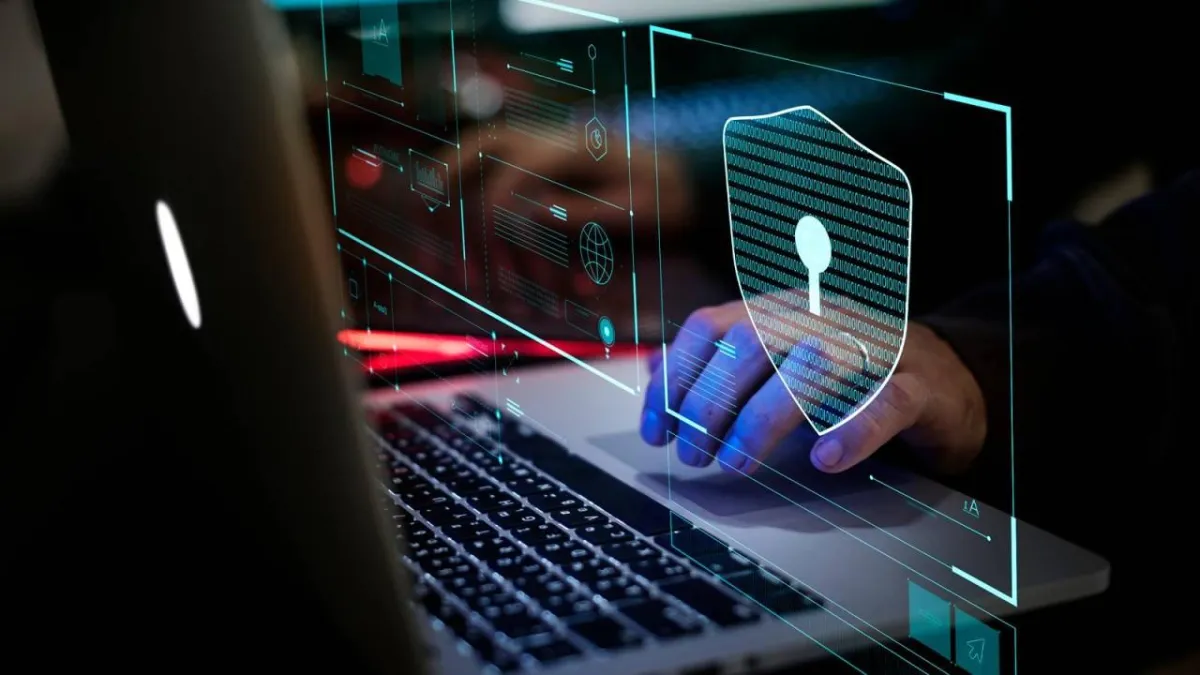
Strengthening Digital Trust: ISO/IEC 27001 and ISO/IEC 20000-1 Certification in Pakistan
Strengthening Digital Trust: ISO/IEC 27001 and ISO/IEC 20000-1 Certification in Pakistan
By Gitchia Institute of Global Certification (Pvt.) Ltd.
Introduction
In today’s rapidly digitalizing world, information security and IT service management have become the backbone of every successful organization. Businesses in Pakistan are increasingly recognizing the need to protect data, manage IT services effectively, and ensure compliance with international standards.
Two of the most powerful global frameworks leading this transformation are ISO/IEC 27001:2022 (Information Security Management System) and ISO/IEC 20000-1:2018 (IT Service Management System).
At Gitchia Institute of Global Certification (Pvt.) Ltd., a trusted ISO certification body in Lahore, Pakistan, we help organizations achieve these certifications through professional auditing, training, and certification services ensuring they meet global benchmarks for security, efficiency, and reliability.
Understanding ISO/IEC 27001: Information Security Management System (ISMS)
ISO/IEC 27001:2022 is the internationally recognized standard that provides a framework for establishing, implementing, maintaining, and continually improving an Information Security Management System (ISMS).
It helps organizations:
·Protect sensitive information from unauthorized access or breaches.
·Identify and mitigate information security risks.
·Build trust with customers, stakeholders, and partners.
·Comply with legal, regulatory, and contractual security requirements.
Key Benefits of ISO/IEC 27001 Certification
·Strengthens data confidentiality, integrity, and availability.
·Prevents cyberattacks and data leaks.
·Enhances business continuity and disaster recovery planning.
·Demonstrates commitment to information security and risk management.
·Increases competitive advantage in both local and global markets.
In Pakistan, industries such as banking, IT, telecommunications, healthcare, and education are now prioritizing ISO 27001 certification to protect digital assets and build international credibility.
Understanding ISO/IEC 20000-1: IT Service Management System (ITSM)
ISO/IEC 20000-1:2018 is the international standard for IT Service Management. It defines the requirements for organizations to establish, implement, maintain, and continuously improve an IT Service Management System (SMS).
This standard focuses on delivering high-quality IT services aligned with business goals and customer needs.
Key Benefits of ISO/IEC 20000-1 Certification
·Improves service delivery efficiency and customer satisfaction.
·Provides a structured approach to IT service management.
·Helps organizations align IT services with business strategy.
·Reduces service downtime and operational costs.
·Enables better incident, problem, and change management.
With the rapid growth of Pakistan’s IT and software industry, ISO 20000-1 certification is becoming essential for companies aiming to work with international clients, government projects, and digital transformation initiatives.
Why These Standards Matter Together
While ISO 27001 focuses on securing information, ISO 20000-1 ensures the efficient and reliable delivery of IT services. When implemented together, they form a powerful integrated management system that helps organizations achieve:
·Secure and efficient IT operations.
·Continuous service improvement.
·Greater stakeholder confidence.
·Reduced risk of cyber threats and service disruptions.
The Role of Gitchia Institute of Global Certification
As a leading ISO certification body in Pakistan, Gitchia Institute of Global Certification (Pvt.) Ltd. offers complete certification solutions for both ISO/IEC 27001 and ISO/IEC 20000-1.
Our services include:
·Certification Audits (Stage 1 & Stage 2)
·Internal Auditor and Lead Auditor Training
·Gap Analysis and Pre-Assessment Audits
·Surveillance and Recertification Audits
·Awareness and Implementation Workshops
Our auditors are internationally trained professionals with experience across IT, telecom, banking, education, and public sectors.
The Future of ISO 27001 and ISO 20000-1 in Pakistan
Pakistan’s digital economy is expanding rapidly, with growing reliance on cloud computing, AI, fintech, and e-governance. This evolution increases the need for information security governance and robust IT service delivery frameworks.
Future trends indicate that:
·Organizations will adopt ISO 27001 to comply with data protection and privacy regulations.
·Government and private tenders will increasingly require ISO 20000-1 certification as proof of service quality.
·Integration of ISO standards will become a competitive requirement for global partnerships.
Gitchia Institute of Global Certification (Pvt.) Ltd. is fully equipped to guide organizations through this journey, helping them achieve trust, efficiency, and compliance in the digital era.
Conclusion
In a world driven by data and technology, information security and service quality are no longer optional — they are essential for survival and success.
By achieving ISO/IEC 27001 and ISO/IEC 20000-1 certification, Pakistani organizations can secure their systems, enhance service performance, and build long-term trust with clients worldwide.
Gitchia Institute of Global Certification (Pvt.) Ltd., based in Lahore, Pakistan, proudly supports businesses on their path to certification, offering internationally recognized auditing, training, and certification services for a sustainable digital future
